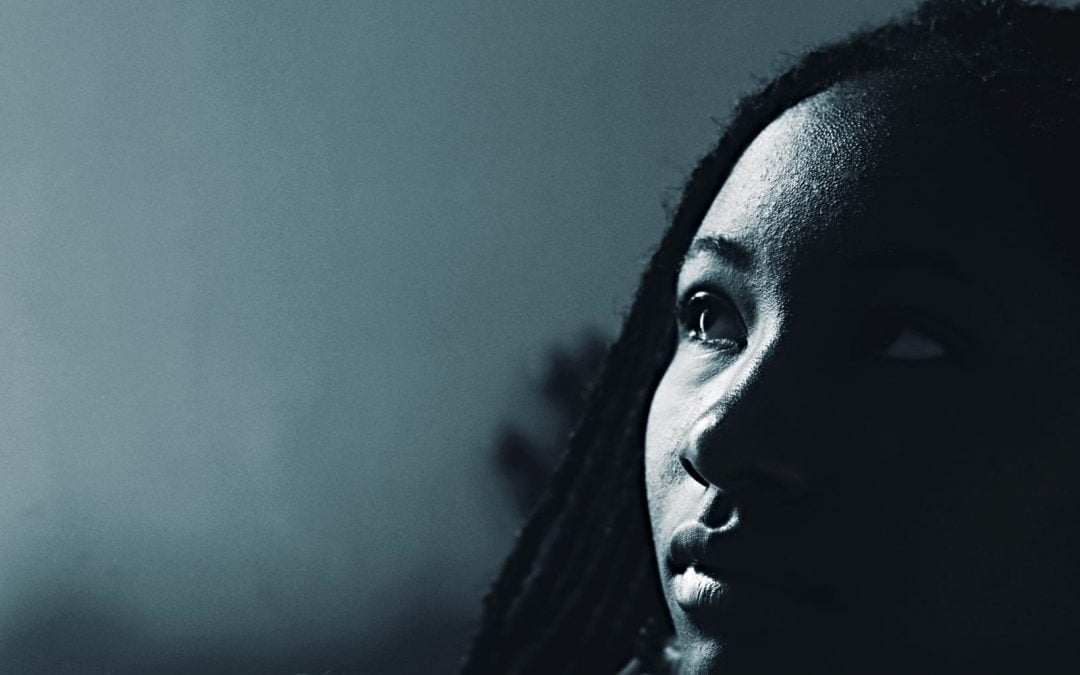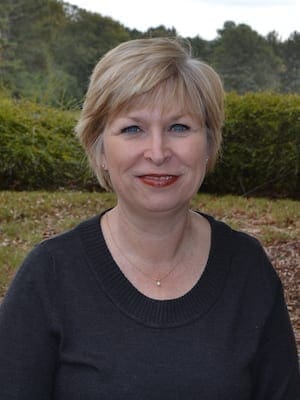Back in the fall, Baptist Women in Ministry (BWIM) adopted a theme for 2019: “Find Your Voice and Use It.” The choice now seems both descriptive and prophetic.
The year began with the swearing in of 127 women members of Congress; 102 in the House and 25 in the Senate, an increase of 17 over the previous Congress. Women surely found and are finding their political voice and using it.
In February, some 200 women stepped into Baptist pulpits across the country and participated in BWIM’s annual Month of Preaching.
Among those preachers was Amelia, a 10-year-old fifth-grader, who preached her first sermon during children’s church at Church Without Walls in Houston. Amelia challenged her listeners to obey God just like Daniel.
Women and girls have found and are finding their preaching voice and using it.
Yet, amid our days of celebrating the voices of women, the Houston Chronicle and San Antonio Express-News released a horrific report on Southern Baptist sexual abuse.
The report reveals that in the last 20 years, 380 Southern Baptist ministers, leaders or volunteers have been convicted, credibly accused and successfully sued, or confessed to sexually violating more than 700 victims.
Many of the victims were girls and women, and many of those victims had been shamed and silenced by not only their perpetrators but also by other leaders in their churches.
Yet, the tenacity of several brave survivors and the good investigative work of journalists have resulted in those 700 victims, plus many more victims who are now coming forward, finding their voice and using it.
For nearly three years now, I have co-chaired with Stephen Reeves, associate coordinator of partnerships and advocacy at the Cooperative Baptist Fellowship (CBF), a Clergy Sexual Misconduct Task Force, a collaborative effort of BWIM and CBF. It has been the hardest work I have ever done.
Our task force includes social workers and lawyers, ministers and denominational leaders, and each one on the task force has both experience in dealing with this hard reality and insight in resourcing both victims and churches.
As we began our work, we took time to listen – to hear the stories of victims, to listen to the statistics about clergy sexual abuse and to hear the grief in the room as we talked about the abuse that had happened and was happening in our Baptist circle.
One of the lessons I have learned as co-chair of this task force is that victims need space to talk, to be heard – and my best response is to remain silent and let them speak.
These past few weeks since the release of the investigative report, I have closely tracked the story as it has spread across the nation – I have read dozens of statements and op-ed pieces published in both denominational and mainstream media sources (and I co-wrote one of those statements with Reeves and Suzii Paynter, former executive coordinator of CBF).
What has been most intriguing to me is that a good majority of those pieces were written by men, men who have not experienced sexual abuse.
All of the statements and op-ed pieces were strongly worded denouncements of sexual abuse. Many of them included excellent theological insight, valid points of criticism and helpful practical suggestions about a way forward.
But every time I read a statement (even my own), I cringed. For we all are still talking over and silencing victims.
We are still telling their story, instead of quieting our voices and listening to them.
My challenge for us all, me included, is to make International Women’s Day a day of listening.
Stop talking about victims. Stop reading what other people write about victims. Instead, find articles authored by victims.
Google #churchtoo and read the words of those who lived through sexual abuse in the church. You can also find blogs written by victims on the BWIM website.
Most times, in order for victims to find their voice and use it, the rest of us need to stop using our voices and listen.
Editor’s note: This article is part of a series for International Women’s Day (March 8). The previous article in the series is:
Why You Need to Say the Other F Word in Church by Meredith Stone


